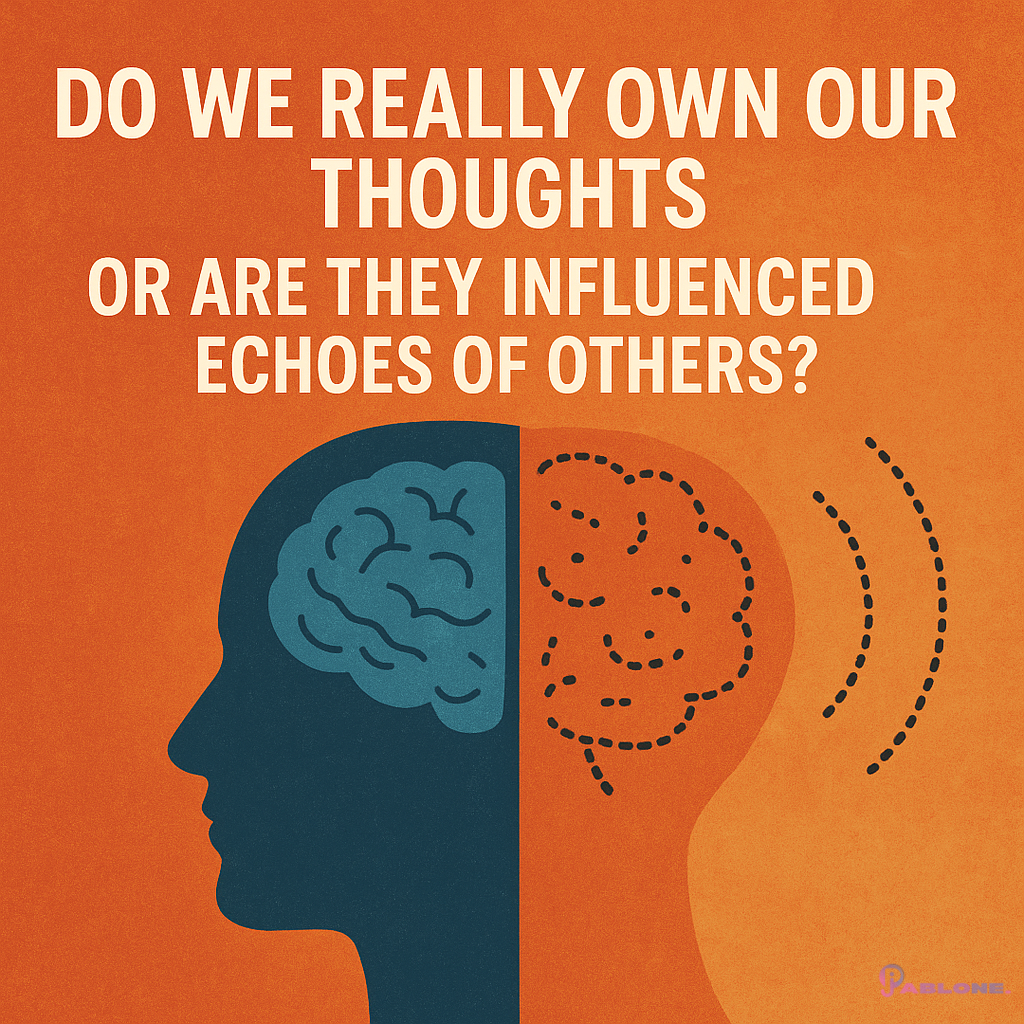Better Sleep: The Ultimate 10-Step Guide to Wake Up Rested and Energized
Why Sleep Matters
Sleep is essential to our health, yet many neglect it. According to the CDC, one in three adults don’t get enough sleep, risking chronic conditions like diabetes, obesity, and heart disease. Sleep is when your body repairs tissues, consolidates memories, and balances hormones. Poor sleep disrupts mental clarity, emotional stability, and immune function. Deep sleep stages like REM are crucial for restoration and vitality. Understanding why sleep matters is the first step toward improving it.
Set a Consistent Sleep Schedule
Your body’s internal clock, known as the circadian rhythm, functions best with routine. Going to bed and waking up at the same time daily helps regulate this rhythm, improving sleep quality and energy levels. Start by adjusting bedtime gradually, and avoid oversleeping on weekends. Consistency is key—even a perfect environment won’t help if your schedule is erratic.
Create a Sleep-Inducing Environment
The right sleep setting can make or break your rest. Keep your bedroom cool (60–67°F or 15–20°C), dark, and quiet. Invest in blackout curtains, a quality mattress, and supportive pillows. Remove digital screens to prevent blue light exposure that delays melatonin production. Add calming elements like essential oils or soft music for relaxation.
Eat and Drink Smartly
Your diet directly affects your sleep. Avoid caffeine, nicotine, and alcohol late in the day. Don’t eat large or spicy meals before bed. Instead, try foods rich in tryptophan, magnesium, and melatonin such as bananas, almonds, turkey, oats, or chamomile tea. Hydrate smartly, but reduce fluid intake 1–2 hours before bed to minimize night-time awakenings.
Adopt Relaxing Bedtime Rituals
How you wind down before sleep matters. Spend the last hour before bed engaging in calm, screen-free activities: read a book, journal, meditate, or take a warm bath. Avoid work or stressful conversations. Practicing yoga, deep breathing, or progressive muscle relaxation can signal to your brain it’s time for rest.
Reduce Stress and Anxiety
Stress is a major sleep disruptor. Incorporate mindfulness, meditation, or journaling into your daily routine to clear your mind. Try writing down worries before bed to keep them from circling in your thoughts. Avoid doom-scrolling on social media or checking emails at night. For chronic stress or anxiety, seek help from a mental health professional or try CBT-I (Cognitive Behavioral Therapy for Insomnia).
Exercise Regularly but Wisely
Physical activity enhances sleep by reducing anxiety and boosting serotonin. Aim for at least 30 minutes of moderate exercise most days, such as walking, swimming, or biking. Avoid vigorous workouts within 3 hours of bedtime. Evening yoga or stretching can help you unwind and transition into sleep mode.
Address Hidden Health Issues
Underlying conditions can sabotage sleep quality. Common culprits include sleep apnea, restless leg syndrome, chronic pain, GERD, and mental health issues like depression. Talk to a healthcare provider if you snore, gasp for air during sleep, or feel exhausted despite 7–8 hours in bed. A sleep study may reveal disorders that can be treated effectively.
Manage Light Exposure
Light controls your body’s circadian rhythm. Boost morning sunlight exposure to reinforce your wake-sleep cycle. In the evening, dim household lights and use warm-toned bulbs. Avoid screens one hour before bed or use blue light filters. Consider amber reading lights or red-spectrum night lamps to support melatonin release naturally.
Final Thoughts
Better sleep doesn’t require perfection—it requires consistency. Small daily habits like reducing caffeine, sticking to a bedtime, and creating a cozy sleep environment can yield big results over time. Remember, sleep isn’t optional—it’s foundational. Prioritize it, and your energy, focus, and mood will thank you.
Start tonight. Unplug early, breathe deeply, and embrace your journey toward restorative sleep. Sweet dreams!







Leave a Reply